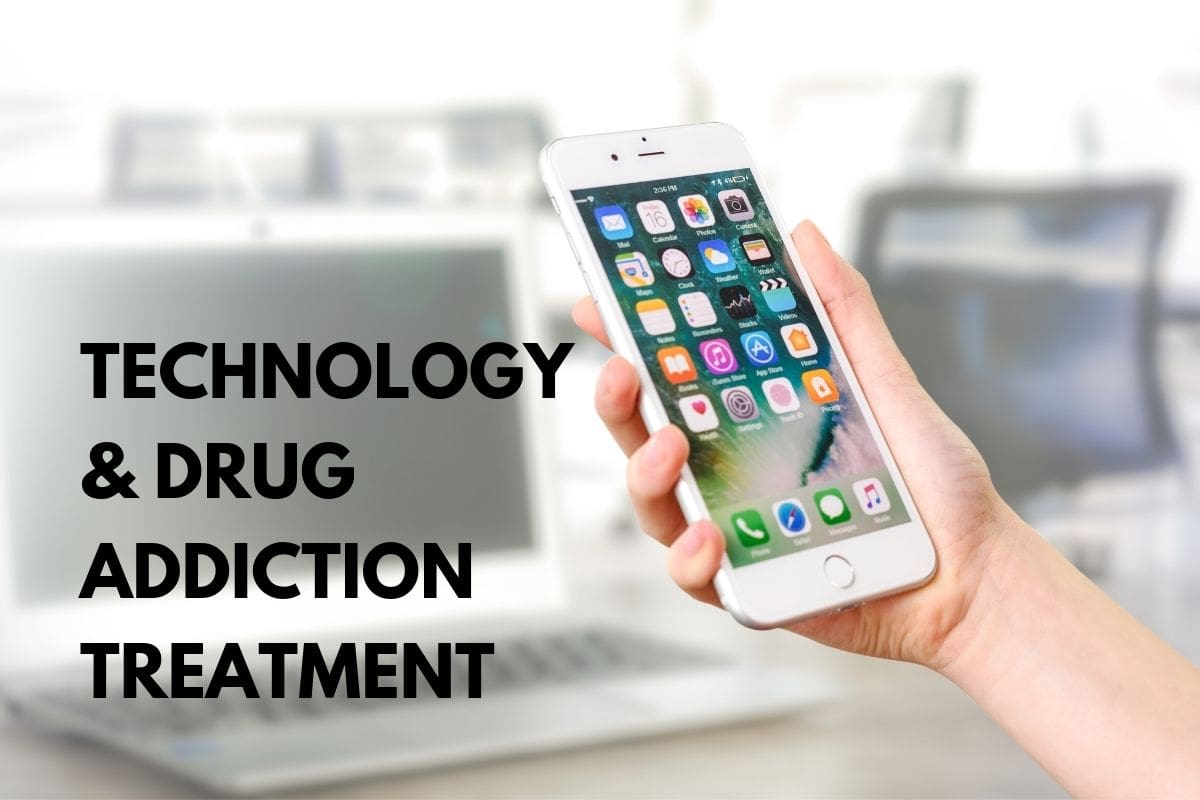The internet has changed just about everything in modern society, including drug abuse treatment. Technology has become a great tool for education, spreading awareness, finding resources, and offering support.
One of the most important aspects of early recovery is education. People turn to Google for most questions nowadays. The internet provides people with a wealth of knowledgeable resources on addiction and substance use disorder. The ability to readily access such important information any time makes the entryway to treatment that much easier.
While therapy and rehab can’t be understated, most addicts won’t be able to reach that point without using the internet to some degree. When someone considers quitting drugs or alcohol, they’re likely to go online and find information about substance abuse. They’ll read about withdrawal and detoxification, read blog posts from various rehabs and look up treatment facilities.
The Benefit of Addiction Recovery Technology
While inpatient rehab is still the most preferred and successful method of treating substance abuse, there are multiple barriers that prevent people from receiving the help they need. Some challenges are the cost, leaving jobs, and finding a facility that coordinates with their insurance coverage.
There are many substance abuse apps that offer people an opportunity to connect with others who are want to get sober. While there’s no real substitute for rehab, these apps offer a free alternative to people who may not otherwise be able to afford or are willing to attend residential treatment.
Mobile Apps
One of the greatest innovations when it comes to drug treatment tech is self-reporting assessments. Computer-assisted assessments can help people identify the extent of their drug problem and keep track of their sobriety.
1. Reset
Reset is the first app ever to be approved by the Federal Drug Administration to treat substance abuse. It’s only accessible through the prescription of a clinician, but anyone over the age of 17 who has been referred by a doctor can log on and start treatment.
Reset guides patients through the stages of recovery over the course of 12 weeks through interactive lessons.
2. Nomo
Nomo is a sobriety clock that helps users track and share their progress with loved ones. An additional feature that makes Nomo great is the fact it allows users to message an accountability partner who can help them cope with any triggers and urges that arise during recovery.
3. WEConnect
Both recovering addicts and loved ones supporting someone in rehab can find solace on WEConnect. The app provides emotional support and guidance during the difficult time, using daily reminders to encourage users to meditate, exercise, contact support or their mediator or attend a therapy session. WEConnet helps users establish and maintain routine throughout their lives so recovery doesn’t fall to the wayside.
Telemedicine and Drug Abuse Treatment
More and more sites are beginning to offer addicts the ability to attend therapy remotely. Telemedicine is still an emerging field, and many people are still unaware that there are online options for treating their substance abuse. That being said, the expanding field is rapidly progressing and will enable people to access a licensed therapist directly from their homes. This model provides users with a chance to receive counseling that is comfortable, affordable and equally present as an inpatient program.
Could Tech Replace Rehab?
The internet has changed our lives in many ways, and as further advancements are made, the accessibility toward treatment will only increase. Future drug prevention campaigns will be able to not only promote awareness but also direct struggling people to resources that can help them or a loved one.
It’s important to understand that the technical advancements made in drug treatment aren’t designed to substitute a licensed counselor or residential treatment program. Instead, the emerging apps, websites and online resources provide valuable information, crucial emotional support and guidance.




































